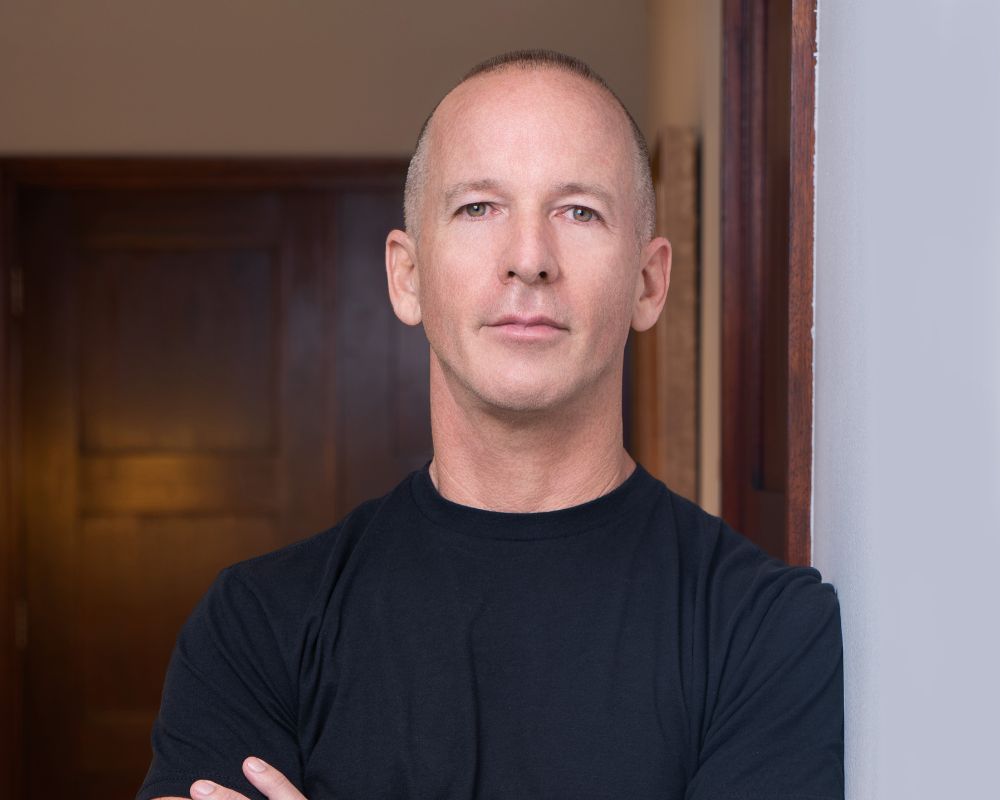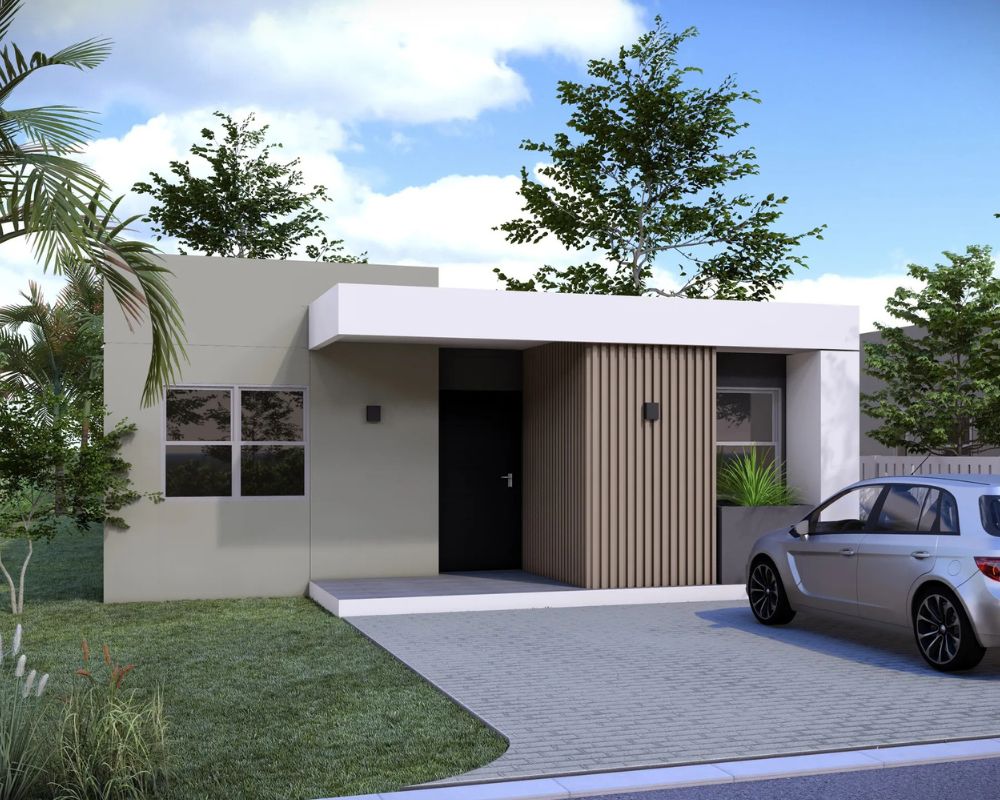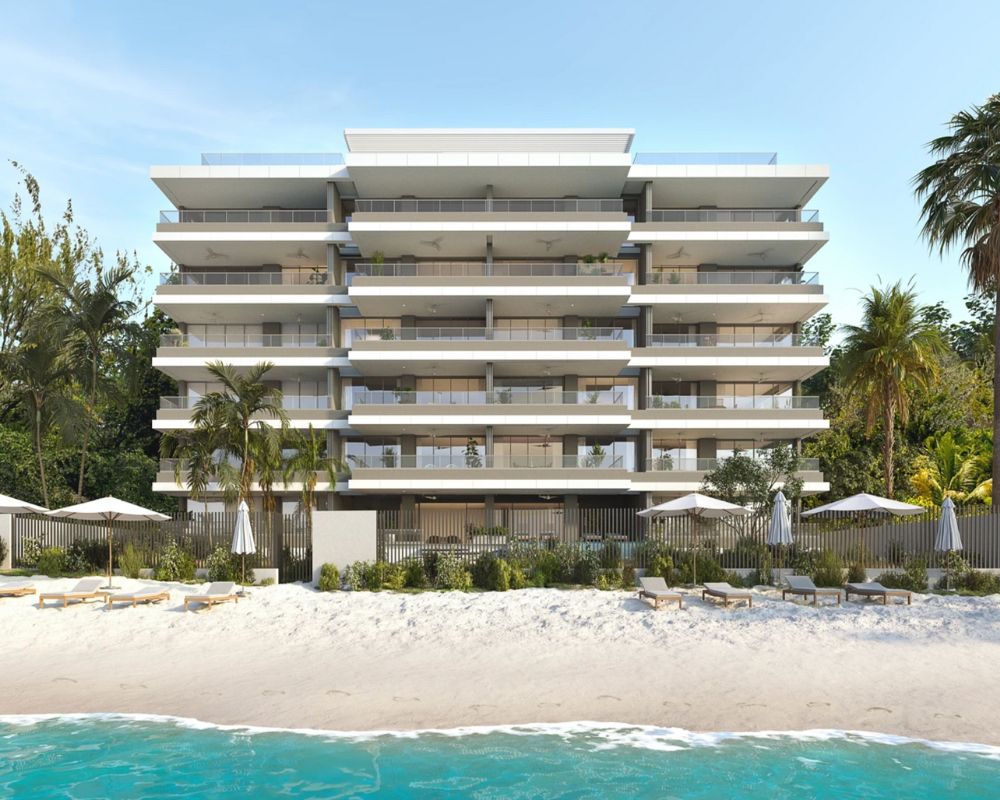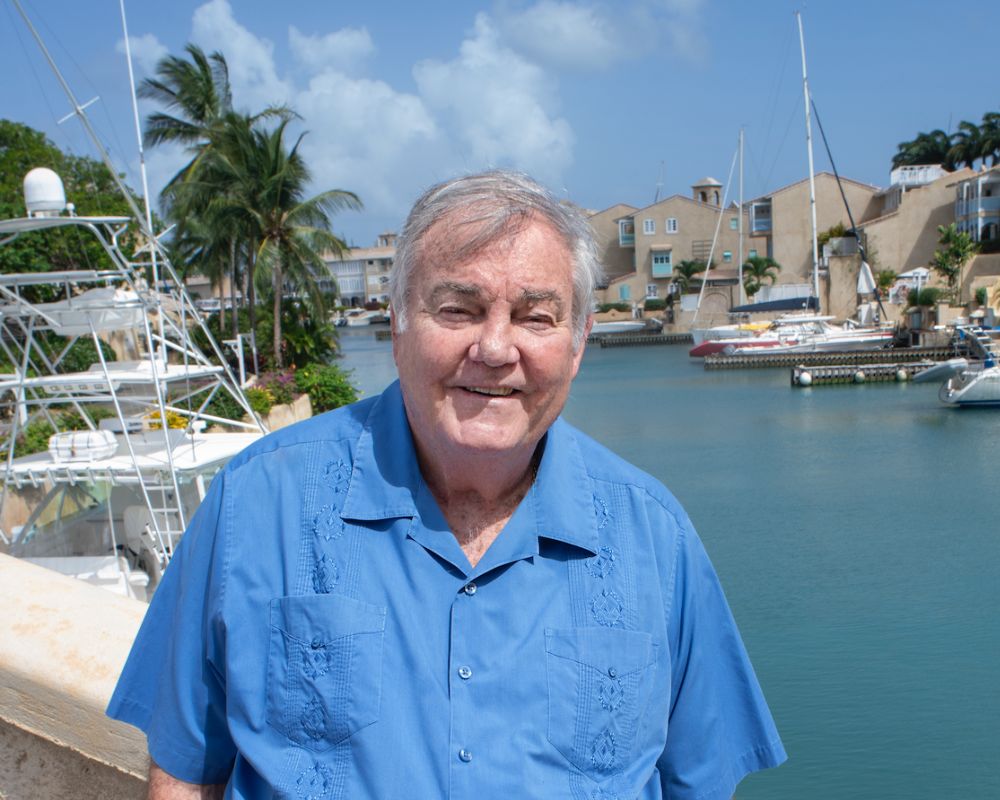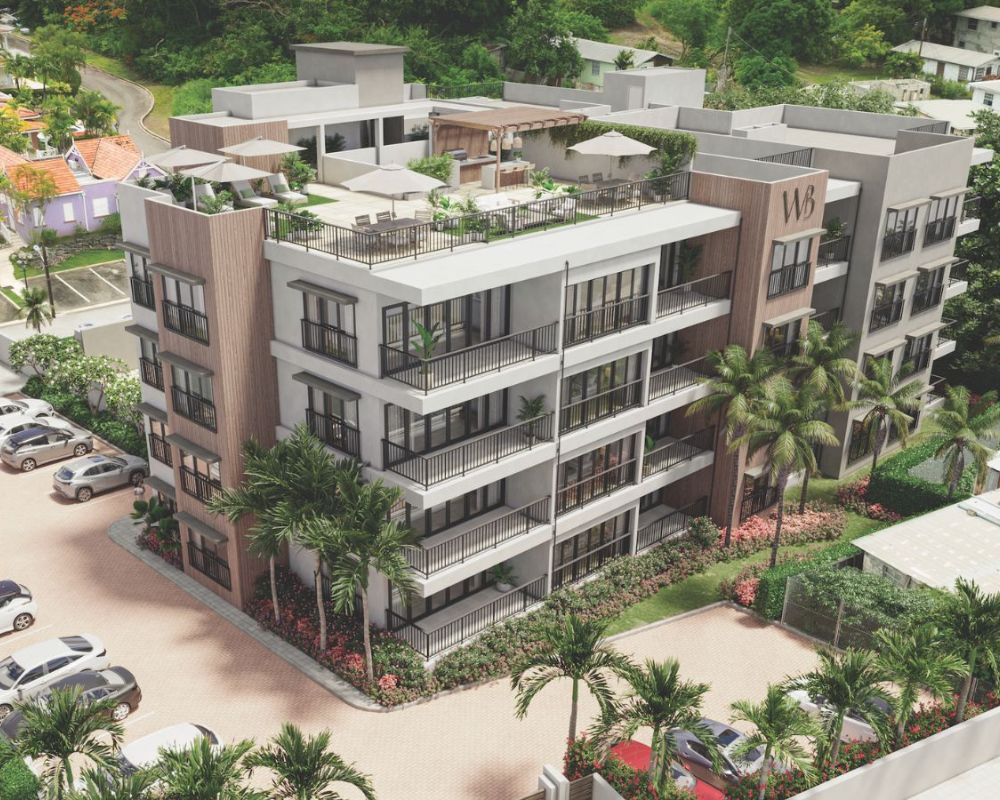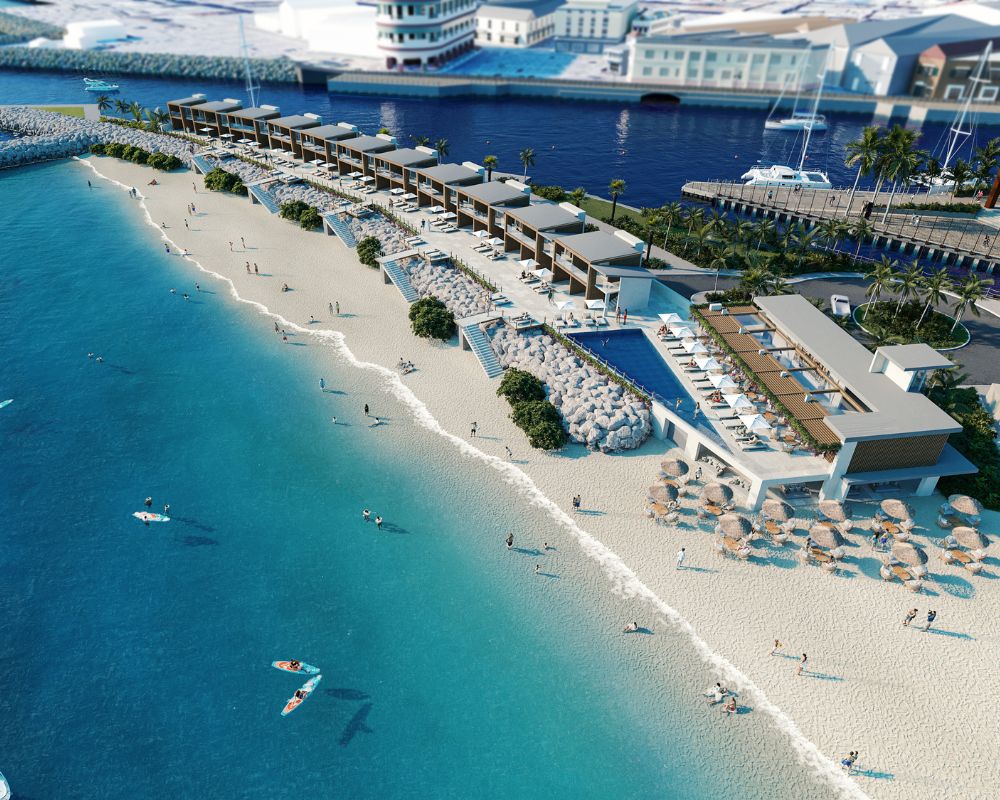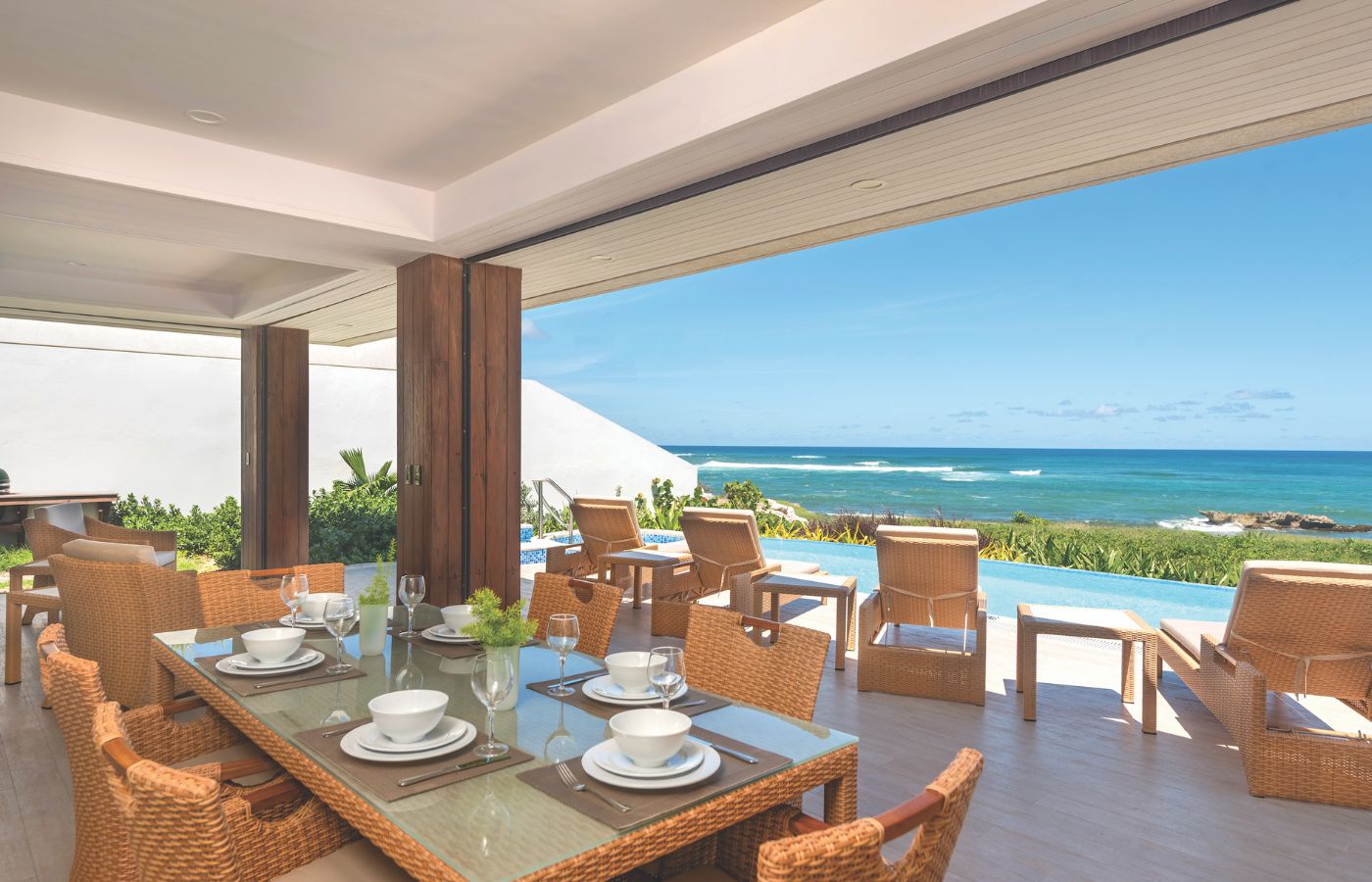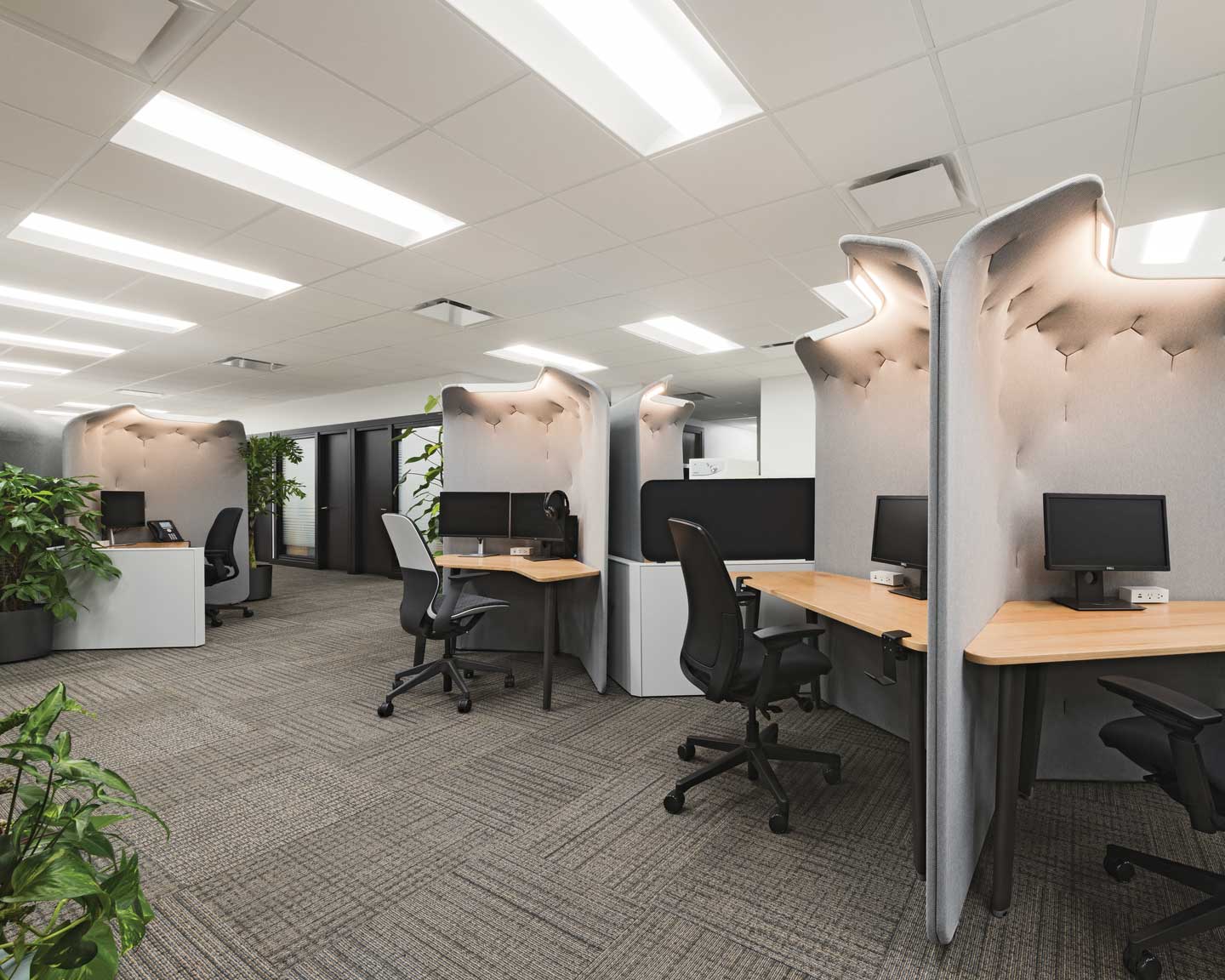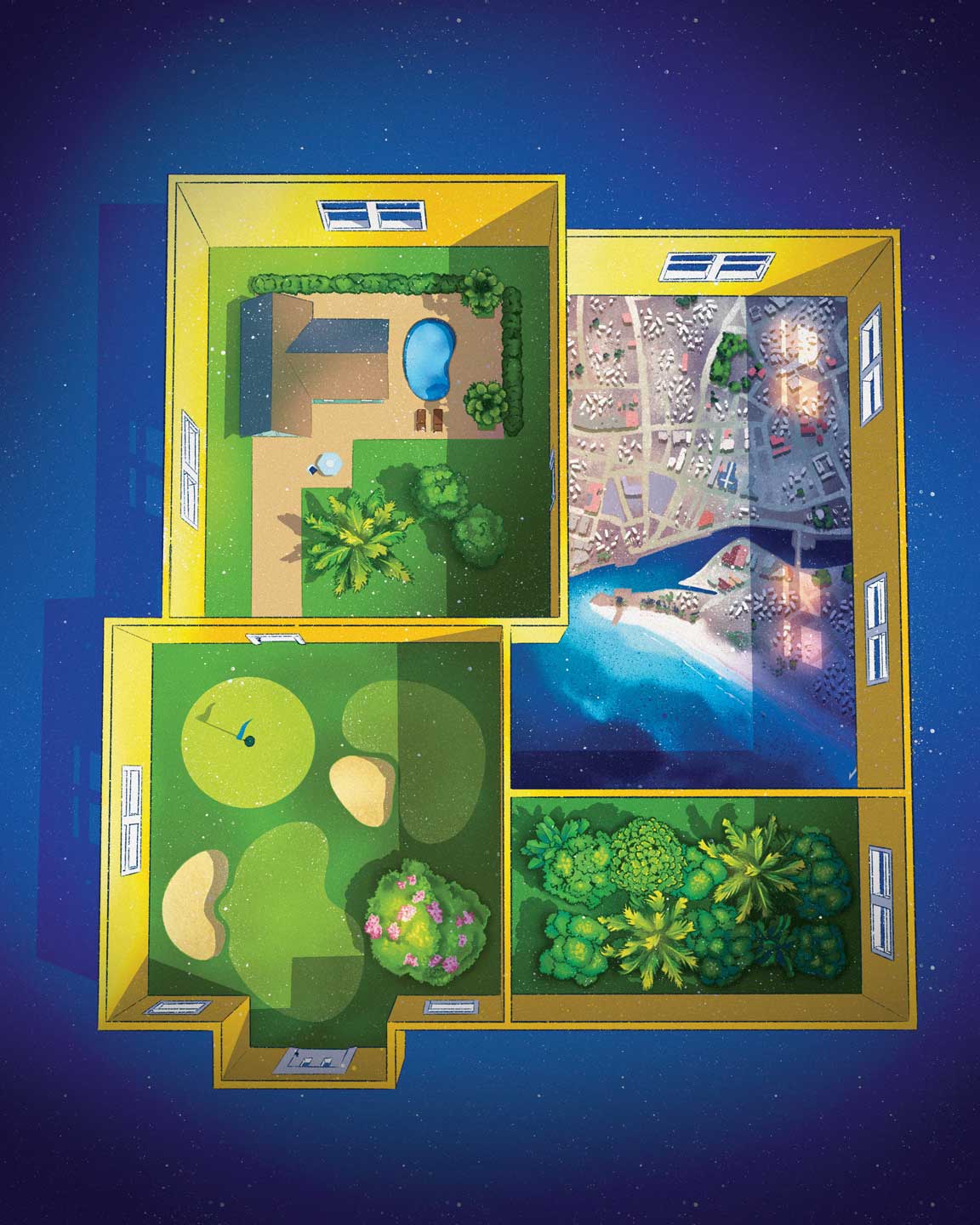
Future proofing is the process of anticipating the future and developing strategies to minimize the impacts of shocks and stresses. When that is applied to an economy, it implies the employment of strategies which minimize risk and seek to pursue imaginative ways to grow those economies by examining the likely outcomes in years to come. The avoidance or minimizing the impact of exogenous shocks is paramount to any such strategy.
Three years ago our planet went through an exogenous shock when the COVID-19 pandemic threatened to decimate our global population as millions of people perished. In response, the governments of the world stepped in to provide a social safety net. Barbados was no different. Our government stood up to those responsibilities when many employers could not do so. These lessons remind us that we cannot have a working assumption that the future is automatically going to be rosy and that our economy is going to continuously grow.
Another exogenous shock bears down on us today in the form of global warming. Small island states which depend on tourism are particularly vulnerable – and Barbados is one of them. So the concept of looking at the future and devising a plan which is robust enough to withstand exogenous shocks is the current focus of our policy makers and our social enterprises.
The COVID shock had two somewhat opposing effects on tourism and real estate. Firstly, tourism arrivals dropped significantly, initially during the April to June 2020 lockdown which Barbados underwent, and in the following twelve months. This came on the heels of a record year 2019, which surpassed all prior years for tourism arrivals to the island. In 2023 arrivals were almost back to those record levels.
But the second effect, which proved to be very positive, was the introduction of the Barbados Welcome Stamp. This innovative visa programme, announced on all major media around the world, allowed visitors to live on island whilst working remotely without any Barbados tax consequences. Thousands of ‘stampers’ took up the opportunity and this boosted rental accommodation occupancy across the island which would have hitherto been taken up by tourists.
This phenomenon filled up housing stock, especially apartments, at a time when the expansion of the second home market was at record levels. There are now more beds in apartments, condos and townhouses than there are in hotels. Paradoxically, developers continued unabated with their expansion plans. Online travel agents, such as booking.com, airbnb.com and expedia.com, have grown in prominence, and developers can easily access these portals via channel manager software to optimize occupancy and yield.
In many respects, the pandemic made offshore buyers and renters more conscious of the comparative safety of Barbados with its outdoor lifestyle than their own domiciles, and their choice to stay in rental housing stock was a reflection of the need to be in a safe environment. So, development has continued unabated and new-starts targeted at the tourism market are at record levels.
The Apes Hill Barbados golf community is an outstanding example of developer success. Newly revamped after a change of ownership, it has enjoyed unprecedented success in selling a record number of new homes in just over a year, with a value in excess of US $150m. Furthermore, Apes Hill won four major awards at the 10th Annual World Golf Awards in Abu Dhabi in October 2023, including ‘Best Golf Course in Barbados’, ‘Best Golf Course in the Caribbean’, ‘Best Golf Real Estate Venue in the World’, and ‘World’s Best Eco-Friendly Golf Facility’. It has to be noted that Apes Hill has embraced a sustainability ethos, which is of growing importance in real estate. One of its winning strategies has been to pursue ‘farm to table’ programmes, with many bee hives and fields of banana trees being evident around the golf course. The Apes Hill developers recognize that today’s buyers are conscious of sustainability.
Tourism remains the largest single contributor to the economy and the sector continues to grow. New hotels with international brand affiliations are under construction, including an Indigo and the recently completed 420-room Wyndham. A Royalton hotel will follow in the coming months.
The Bridgetown waterfront will soon be transformed by the Pierhead project, a 230,000 square foot, mixed-use development which will bring life back to the city. It will offer apartments, restaurants, shops, museums and tourist attractions.
Barbados offers attractive tax concessions for development of rental villas, apartment complexes and new hotels, and these concessions have been a major stimulus to the development sector.
Responsible sustainable economic and environmental strategies are a current recurring theme in Barbados for the country to grow its GDP and future proof its economy in an uncertain world. And real estate is a critical component of this strategy.





.avif)


